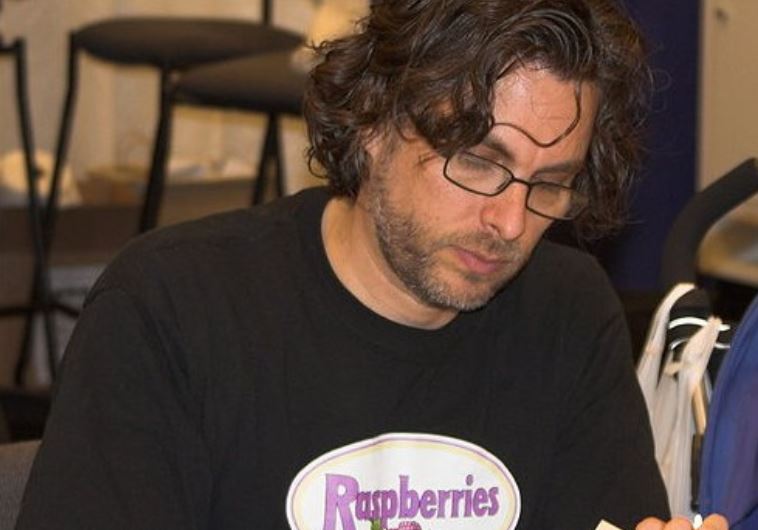Snap Judgement: Balkans-on-the-Jordan
Israel is not a Jewish morality play being acted out for the imagination of the Michael Chabons of the world.
 hotograph of author Michael Chabon at a book signing at WonderCon in 2006.(photo credit: CHARLIE REIMAN/WIKIMEDIA COMMONS)Updated:
hotograph of author Michael Chabon at a book signing at WonderCon in 2006.(photo credit: CHARLIE REIMAN/WIKIMEDIA COMMONS)Updated: